
Building connections, inspiring transformation.
Offerings
/ Product

Executive Leadership Coaching
Executive Leadership typical results include increased confidence making decisions, improved relationships with stakeholders, increased team engagement and productivity, more comfort with uncertainty, more time and energy to think and act strategically, greater organizational influence and more impactful communication

Career Transition Coaching
Career Transition coaching typical results include clearer sense of purpose and direction, greater confidence making decisions, more confidence in personal strengths, improved resilience, less anxiety about the future, more effective and powerful network, improved preparation and impact in job interviews, and a foundation for success in the next career phase.

Group
Coaching
I’m just starting this now so I would like to have a placeholder for it
One-on-One Executive Leadership Coaching
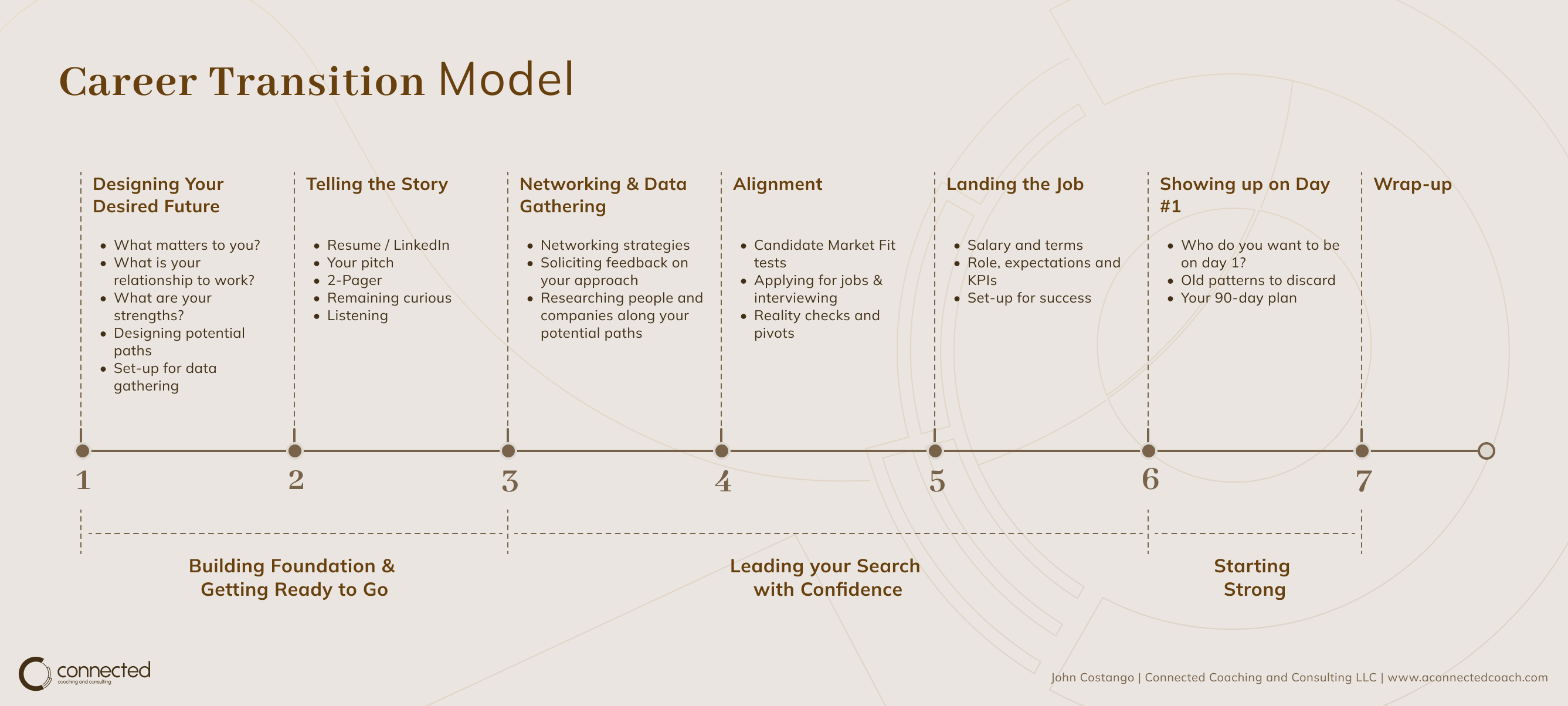
Executive Leadership Coaching
Anyone who wants to be a better leader at work and move up in their career is a candidate for executive leadership coaching.
Generally, I coach leaders who find that the mastery of technical knowledge in their fields propelled their early success, but that current demands of leadership require new skills and mindsets.
These challenges arise at different leadership stages. Some of my clients are newer managers of managers. Others are experienced leaders who need to evolve their style to manage through transformation or ambiguity, or at a higher scale.
Broaden Your Leadership Range. We all learned a certain way of leading based on observation of those around us and copying our own leaders. We often make the mistake of implicitly assuming that others are like us, and that what “worked for us” will work for everyone. Those beliefs severely limit our ability to lead because the truth is people are different and if we want to lead a diverse group effectively we need to broaden our leadership range to work with those differences, not expect everyone to conform to our way of leading.
Shifting Your Leadership. In our coaching, I often work with clients to shift their emphasis toward leadership through influence, communication, curiosity and vision and away from authority, expertise, command and control.
Similarly, many clients find that they will benefit from a shift toward building and running organizations that deliver and away from being personally accountable for work product delivery. My work supports leaders who strive toward developmentally oriented organizations – as opposed to evaluative ones – as a way of attracting, retaining and getting the most out of talent.
Often this work involves broadening skills and shifting mindsets and beliefs about behaviors.
As part of this work, I will often recommend data gathering through a coach-facilitated 360 process, partnering with a client’s manager and HR business partner, as needed
One on one Career Transition Coaching
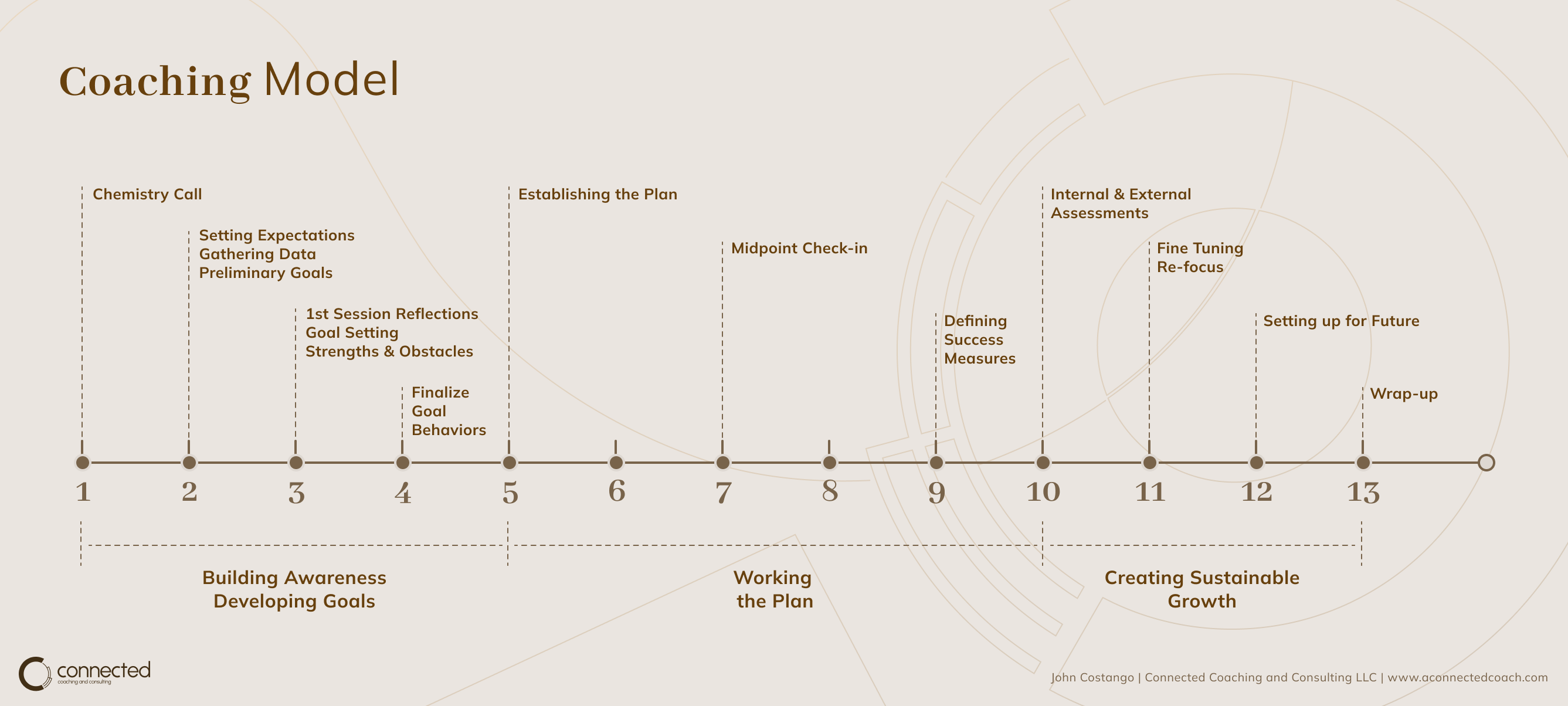
Career Transition Coaching
Coaching through the Arc of Career Transition
Career Transition coaching uses the same coaching process as Executive Leadership Coaching with a particular focus on one or more phases of the career transition process.
Though the process is not strictly linear, most people contemplating or making significant career transitions move through several phases.
Phase 1: The Big Questions
I find that many people skip over the first phase where they answer for themselves the big questions: who am I? how did I get here? What do I offer? and where do I want to go next? Many of never asked these questions and seek help doing the reflective work to tell this story.
Phase 2: Telling your Story
In phase 2 we package the story so that it shines in various forms that will be helpful to find and secure a new job. There can be work telling this story in a resume, in LinkedIn profiles, social media activity, “elevator pitches” and so on.
Phase 3: Power of Networking
Eventually, it will be critical to use networking and other activities to test the message, refine the story, and gather data about opportunities. Many clients have negative beliefs about networking that can be addressed and reframed through coaching. Others seek help creating a networking plan and dealing with the inevitable ups and downs that come with this effort.
Phase 4: Alignment
Here we shift into the alignment phase. While it is fun and exciting to define the “perfect” job or list off all the “must haves,” the fact remains that most clients are looking for a job. We must work to align our needs with the needs of potential employers. Often there’s the chance to co-create a role as part of the networking and interviewing process. We can work together to prepare for interviews, process feedback, negotiate salary and other necessary steps to land the role.
Phase 5: Starting Strong
The final phase of the career transition process prepares the client to be successful in the new role once the job starts. In coaching we can look at desired behaviors, shed unwanted parts of the old identity and otherwise make sure we get off to a powerful start.
Very few clients need coaching on the entire arc of career transition. Early on in the coaching engagement we will define goals based on your needs.
Group Coaching
Group Coaching
Currently, I am focusing my coaching on 1:1 engagements, but I am exploring opportunities to coach in a group setting.
In June, I will pursue certification as a Designing Your Life coach to learn more about the impactful program that has grown out of work at Stanford’s d.School. The DYL process benefits from a group setting, and I expect to facilitate these in the future once certified. In the meantime, if you’d like to meet coaches active in this area, please contact me and I’ll be happy to refer you to some excellent options.
I enjoy serving as a group coach as part of Hudson Institute’s Wiser platform for corporate clients. If you are curious about Wiser and my experience as a coach, please contact me.
Stuff
about me…


My Story
Hi there! I’m John Costango, an executive leadership and career transition coach. I work with clients who are facing a developmental challenge in their career as they move up into increasingly senior and complex roles and with those of you who are making a significant career shift.
In this brief video, I introduce myself, tell you a bit about my professional story, and explain the value of what I do.
If you want to go deeper into my background and my career progression from a high school teacher to a banking executive to a coach, you can check out my appearance on the Work in Progress podcast with Peter Wang.
I’ve designed this website to give you a sense of what coaching is, how coaching can help unlock your potential and achieve your goals, and what it is like to work with me as a coach. Please take the time to explore and feel free to contact me to schedule some time for us to connect.
 Youtube Podcast
Youtube Podcast
My Beliefs
Let me tell you what I believe as a coach.
Many books have been written about the paths to success at work and how to build a great career. There’s no shortage of information out there. But for many of us, despite the glut of advice and information, something is missing.
I’ve found that making significant changes in life and work is not just about learning more information about leadership skills such as delegating, influencing, or networking. Instead making these changes requires deepening a level of connection: with our teams, with our peers and leaders, with our clients or customers, and with ourselves.
As your coach, I will guide you on that experience deepening connections in pursuit of your goals.
In our time together, we will work through a process I call behaviors-based developmental coaching.
This work is “developmental” in the sense that we identify a development in you – not in your situation, in you – that is important to you to achieve right now.
To achieve this developmental change in you, you acknowledge that a change in your behavior is necessary. If we want a different result, we need to do something differently to what you’ve done before.
As your coach I am here to create and guide you through a proven process, not to give you the “right” answer that will solve your problems.
I believe that you are resourceful and capable of big change.
As a coach, I believe in “leading from behind,” not dragging you from the front by lecturing, dictating, or otherwise telling you how you should feel and act. After a varied and successful career in several industries and many types of organizations, I do have experience, knowledge, and opinions that might be helpful to you. I will offer those, but not dictate them.
I believe that you can build self-awareness, generate ideas for yourself, and make great decisions. I cannot do that for you, but together we can find those answers and get the results you seek.
 Youtube Podcast
Youtube Podcast



The Coaching Process: A Co-Created Activity
Coaching is a co-created activity.
+It is bespoke to you, not one-sized fits all. At the same time, coaching is also a highly intentional activity, with specific outcome goals in mind.
These two attributes are in tension: too little structure risks a lack of focus and ambiguous outcomes. Too much structure fails to account for the uniqueness of every person and situation. The process I offer in coaching attempts to strike the right balance to maintain the individuality and bespoke nature while still driving toward specific results on a given timeframe.
As a starting point, we will define a framework with three specific stages that will typically unfold over 6-8 months.
Stage 1: Goals & a Plan
+In this first stage, we will work together to create a development plan together. Central to this plan will be your aspirational goal for the coaching process, formed in the first few sessions together. In creating the plan, we will consider strengths you bring to the effort, and obstacles that you anticipate. The plan will involve identifying behavior changes and experiments to point you in the direction of the desired outcome.
Stage 2: Working the Plan
+In the second stage, we will be working the plan out in the real world outside the sessions. Together, you will put new behaviors into practice, notice the results, and bring the data back into our sessions for review and refinement. This stage of the process will take us past the midpoint. It is here that we gain significant momentum toward the desired development.
Stage 3: Sustainability and Capability
+This last stage is a continuation of stage 2 with an added emphasis on assessing progress and creating sustainable change. We will look for data to validate the change. If we’ve done our job right, at this stage you should feel a difference and others should notice a difference. We have time here to adjust as needed if we aren’t quite getting the results we want.
Most importantly, in Stage 3 we look to integrate your learnings about the self-development process so that you exit the coaching feeling more capable at tackling development challenges in the future, regardless of the goal or topic.
Finding the Right
Fit with a Coach
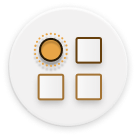
What Makes a Successful Coaching Engagement?
There are two significant preconditions for a great coaching experience.
The first is the connection between the coach and the client.
Second is the willingness on the client’s part to do the work involved to build self-awareness and experiment with new behaviors.
In my experience, both of these conditions must be present for a client to get true benefit from the coaching experience.
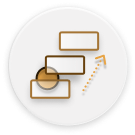
Typical Clients
My clients tend to work in the fields of finance, technology and law, professional areas where I have deep operating experience. That said, I have coached clients as diverse as an orchestra conductor and a pastor in a Presbyterian church, two areas where I have zero personal experience.
Most of my clients have excelled in highly competitive professional areas and have risen to their current position on the back of their technical expertise, training and hard work. They are challenged as their success increasingly requires interacting with and leading people differently – at scale, across divisions or geography, and with little direct control.
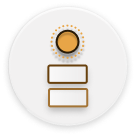
Work Outside the Sessions
Regardless of professional background, clients who succeed in coaching all recognize the need for work outside the coaching sessions. Only through behavior changes outside the sessions – typically in the workplace as part of professional activities – that true development toward goals occurs.
We will use the time in the sessions to explore development goals, set behavioral plans, challenge perspectives and preconceptions and adjust behaviors as needed to achieve the desired result.

Will I be a Fit for You?
The information on this website will give you a sense of me as a person, a former executive, and a coach. It describes my coaching offerings and my approach to coaching. If you wish, review the testimonials of several clients to see their perspective.
If you like what you see here, the best way to determine if I will be a good coach for you is to schedule time for us to discuss you and the circumstances that bring you to coaching. In this complimentary session, we will get to know one another so that we can both assess the potential fit.


Testimonials
In the videos below, several former Executive Leadership and Career Transition clients talk about their experience having me as their coach, the value that I brought to them, and their opinions on my strengths as a coach



Danielle M
Career Transition Coaching
Financial Services Executive to Birth Doula
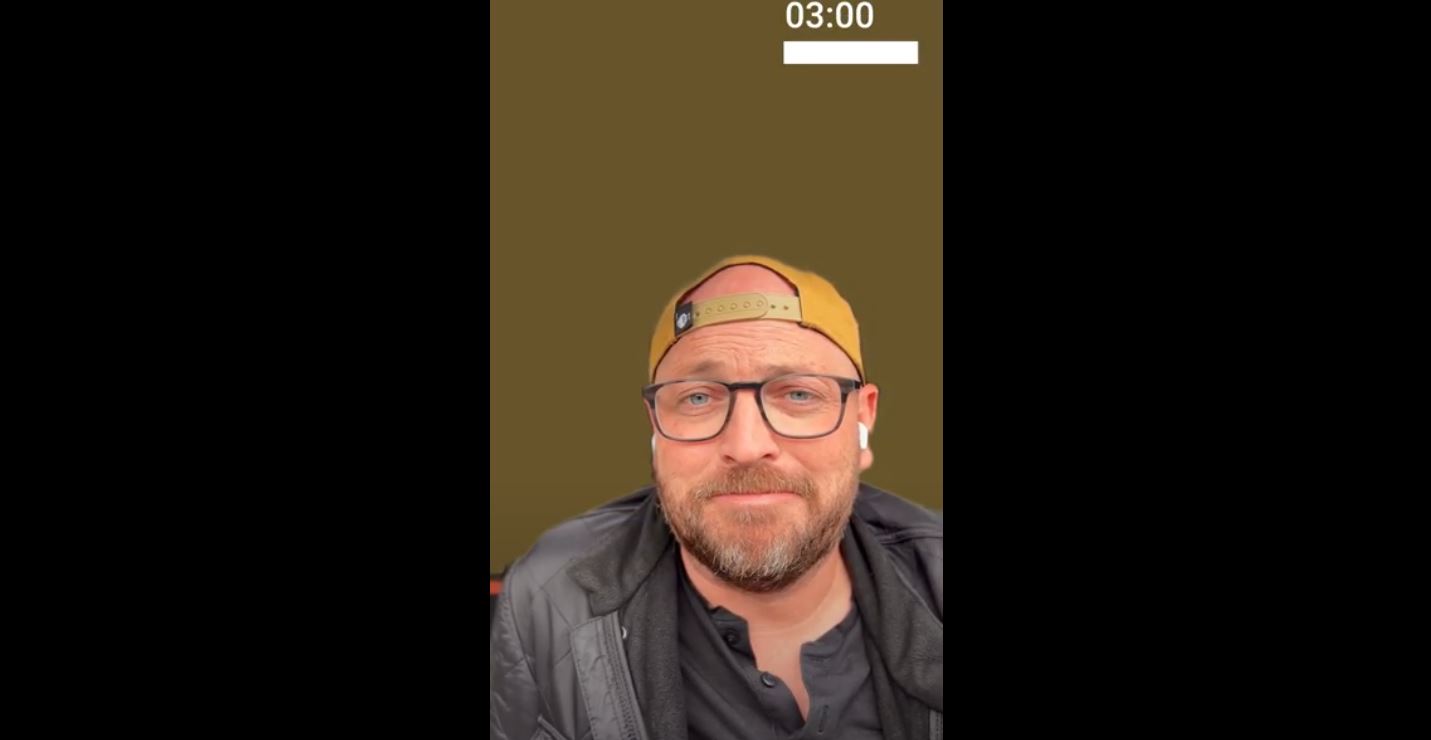


Ian H.
Executive Leadership Coaching
Author, Investor & Podcast Host



Lorem Ipsum
Lorem ipsum dolor sit amet
Lorem ipsum dolor sit amet, consectetur adipiscing elit, sed do eiusmod tempor incididunt ut labore et dolore magna.
Engagement
Process
Coaching Engagement
All coaching engagements start with a chemistry call, a get-to-know-you introduction of the coach and potential client. In this call we discuss questions you might have about coaching, why coaching feels important to you now, and what you hope to achieve from coaching. I can also answer questions you might have about me, my coaching style and leadership philosophy. If the chemistry feels right to both of us and you want to proceed, we will agree on terms of a coaching engagement. Though the terms below are typical, we will work together to customize a coaching plan that suits your individual needs.
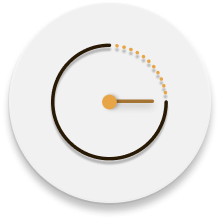
Session Length
50-60 mins
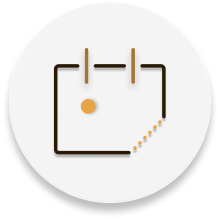
Engagement Duration
3 – 6 months
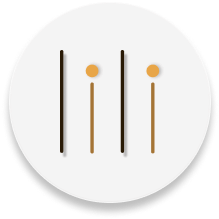
Session Frequency
2-3 x month
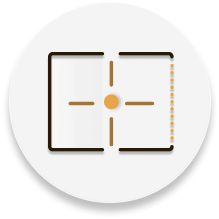
Meeting Format
Video call
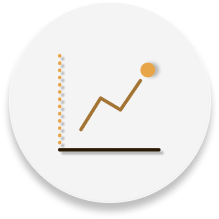
Return on Investment
Connect to discuss fees and ROI
Frequently
Asked Questions
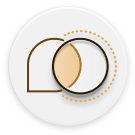
FAQ
What is the typical engagement like?
−Coaching is a co-created activity. That means that I work with my clients to define an engagement structure that will
work for them, and there’s a lot of flexibility to play with. A typical engagement for both executive leadership and
career transition coaching will last about 6 months. We meet approximately once every two weeks, for a total of
about 12 sessions of one hour each. There will be work to do in between sessions, which we will figure out as we go
based on your goals and development style.
For executive leadership coaching engagements, there’s an additional layer of work based on the employer’s
expectations. We might, for example, meet with your manager at the beginning, midpoint, and wrap-up of an
engagement. I encourage a coach-facilitated 360 or stakeholder interview report to gather data on leadership assets
and development areas in this sort of engagement as well.
Some clients continue coaching beyond the initial 6-month engagement. In these situations we frequently revisit the
goals discussion to make sure that we are always focused on forward momentum.
What can I expect with respect to confidentiality?
−In general, our discussions will be confidential to the fullest extent allowed legally, with some exceptions that I will
discuss with you at the onset of our engagement. Note that there are no legal privileges associated with our work (as
you might experience with a doctor or a lawyer). As an ICF-certified coach, I have agreed to abide by the ICF code of
ethics, which includes expectations around confidentiality. You can find the ICF Code of Ethics here:
https://coachingfederation.org/credentialing/coaching-ethics/icf-code-of-ethics/#ethical-standards
How much does coaching cost?
−There are a lot of different types of coaches offering their services today at a wide range of price points. Coaching
fees vary based on experience level and professional background of the coach, the type of engagement, and other
factors. Unfortunately, pricing is opaque. I am happy to discuss my current fees with you when we connect.
Yes, coaching is a financial commitment, but it’s also a commitment of time, energy, and vulnerability necessary to
make transformation happen. There is no coach and no fee that can guaranty a meaningful development in you
without your commitment.
What are the factors that a can lead to a coaching engagement not working out?
−In my experience engagements haven’t worked out for a few reasons. Sometimes there’s a misalignment between
the coach and the client on the offering. Client might be looking to be told what to do, given advice, or otherwise be
given “solutions” to their “problems.” While there can be some of that, in the work I do we focus on the client’s
personal development and finding ways to use behavior changes to drive toward that development. Another factor
that can lead to an engagement going sideways relates to the client’s view of what happens inside vs outside the
session. The work in the session is a place to reflect and process and advance our self-awareness of what happens
outside, but ultimately its changes in behavior outside the session that is going to drive the development. Some
clients expect to make their development happen by talking for an hour every other week. In my experience the real
sustainable development happens more through the behavior changes that go on outside the session.
Can you describe a coaching engagement where a client achieved unexpected positive results?
−I’m thinking of an engagement from about 12 months ago where I worked with a banking executive who was dealing
with some organizational changes, feeling disconnected at work, and trying to align herself more productively with the
job. She was very structured in her approach and took to the work in a very engaged way. She loved having goals,
plans, and behavior work to do and she really engaged with it. This led her to broaden her sense of her leadership
and helped her to navigate some particularly difficult challenges with her boss and boss’s boss. Some of the work we
did involved analyzing her strengths, exploring her purpose and motivations, and challenging some of her
preconceptions about what she was looking for from work. A few months after we stopped working together she
sent me a note and wanted to give me an update. She was thrilled to announce that she had landed on what she
wanted to do next — and it wasn’t banking at all. Though she had basically forgotten this experience, she had served
as a volunteer at a midwife organization when she was in her late teens. At the time, she really wanted to go into the
profession but had been convinced that she should go into business and consulting instead. In the rush of work and
life that followed, she had put this out of her mind. But our work together allowed that door to reopen, and she’s
(re)discovered a passion and purpose. Now as a later career adult, she has the resources to make this sort of a
change and is pursuing the education required to do it.
Do you think you’ll be able to make some introductions to people in the industries I’m targeting, at least for
informational purposes?
While I’m not against this, I want to caution you that my network is limited, and I don’t offer a “connection” service.
There are people out there, mostly recruiters or former recruiters, who sell access to their network, but even there
you need a specific match in terms of the field for this to be effective. So, if there’s someone in my network you’d like
an intro to, I can make it, but I don’t want you to think that is a meaningful part of the service I offer.
Please share a bit more about your methodologies for coaching. I am looking for someone who will really
push me to make decisions and not look back. How do you hold your clients accountable?
I always ask clients what they want from me as their coach. I am by nature a structured person, so my inclination is
to define goals, identify behaviors, build a plan with milestones, and then track progress toward those goals. We
could do something like that for you, and if you want it to be formalized, I have a structure we can work in. Many of
my clients do not take this approach either because it’s not the support they need or (more frequently, in my opinion)
that problem is less with “accountability” and instead a lack of commitment to a goal or process in the first instance.
Usually the coaching helps to uncover what the client really wants, what really matters to them, and helps them
understand better what’s in the way and holding them back. Once we do this it is a lot easier to move forward.
I will always be cautious about becoming the resistance point for my clients. While I can hold you accountable, you
aren’t doing these things for me or to please me. You’re doing it for yourself. If you find you need an authority figure
to keep you moving, I’ll suggest exploring that need a bit more as we go.
Do you provide support with specific skills, such as resume writing, interview prep, networking strategies, or
technical financial skills? If not, will you be able to refer me to the right place?
When I work with career transition clients with storytelling, we inevitably work to incorporate that story into their
resume. I am not a resume consultant who is up to date on the latest styles or tricks on how to get noticed. Instead,
I’ll work with you on substantive content to be sure that the resume reflects your story, your strengths, and most
importantly serves as a compelling argument for your desired future.
I do work with my clients on interview preparation. We anticipate questions and responses, and I offer my
perspective on how the client can demonstrate their strengths in the interview or position sensitive situations. Many
clients going through interview process find this type of support very valuable. What I do not have, however, is a
methodology or a format to use — I’ll encourage you to find something that you feel works for you rather than
prescribe one. (A good place to start is the STAR method.)
Clients spend a lot of time with me on networking, especially those who come with a negative preconception of work
networking is and how to go about it. The work I do is to help you reframe networking into a positive, productive, and
mutually beneficial activity and to stage your engagement with your network to get the most out of the conversations.
I have resources on this that I can recommend based on what we feel your challenges might be with the activity.
For technical financial skills and similar job task related skills, I do not offer support. I’d be happy to talk through what
you think you need, share my perspective on that, and then work with you as you investigate resources, but I don’t
have anything on hand.
How will you help me identify and articulate my unique value proposition for my target fields?
−When I work with clients, we spend a lot of time learning to tell their story: who am I, what do I offer, and what are the
challenges I’m seeking. Techniques that show up in Designing Your Life, the Gallup Clifton Strengths assessment,
and Never Search Alone are useful for this work. Some clients have a good sense of this already, but others need a
lot of work to put the story together. In either case, it’s often worth bringing in outside data which you can get from
conversations with friends, family and former colleagues to augment your own views of yourself. There’s an
iterative process that happens as you tell your story, tap your network, and learn more about your target roles through
applications and interviews. We learn and refine as we go.
It’s important to note that I might – or might not – know much about your target fields, so I will probably not be in a
position to give you good and up-to-date information about them. Instead, I will support you as you gather data,
experiment, and align your vision with the specific needs of the career you’re pursuing.
What specific outcomes should I expect after working with you?
−I can say with confidence that when we do our work right (and that means both of us), at the end of 6 months you will
feel a difference and others will see a difference in the goals that you set for yourself. There’s no magic to that
amount of time – some people get what they need faster, and others might be well on their way with more work to do.
You will have more self-awareness, more confidence about where you are and the direction of forward travel, and
more capabilities to navigate complex situations independently after doing this work. The key is setting the goals,
identifying changes in behavior to try, consistent reflection and effort, and the willingness to look inward rather than
solely outward as part of your growth.
Books
/ Resources
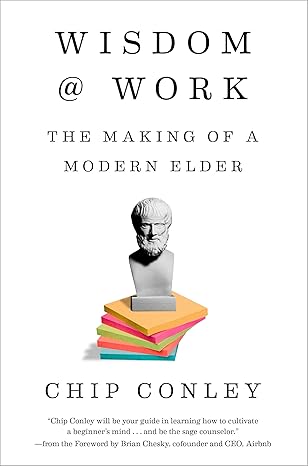
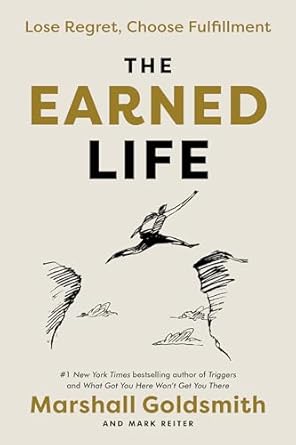
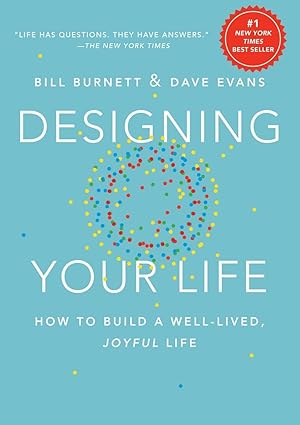

Chip Conley
Learning to Love Midlife A more recent book by Chip Conley…
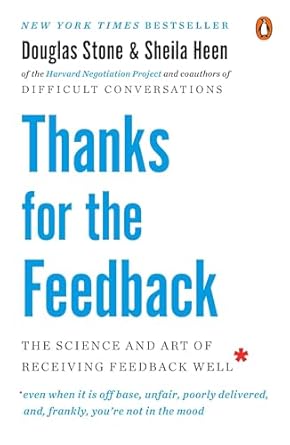
Herminia Ibarra
Thanks for the Feedback: The Science and Art of Receiving…

Douglas Stone
How to Discuss what Matters Most by Douglas Stone, Sheila…
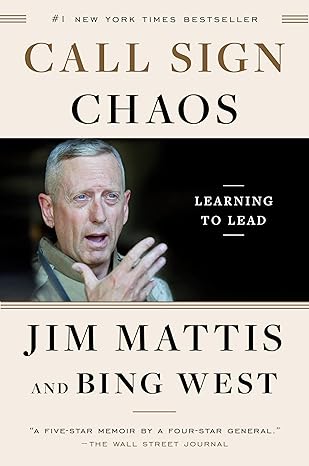
Jim Mattis and Bing West
This is a combination memoir and leadership manual based…
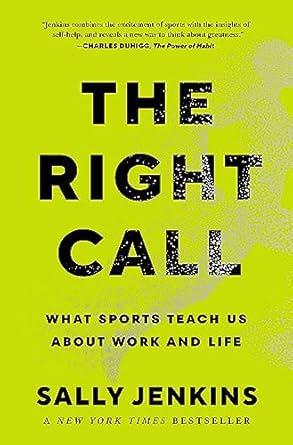
Sally Jenkins
The Right Call: What Sports Teach Us about Work and Life by Sally…
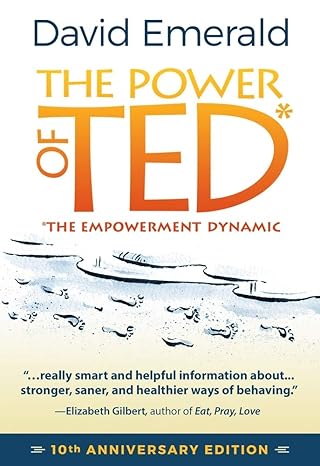
David Emerald
Another book you might find interesting — if you can get past the…


Books
Wisdom at Work by Chip Conley. This book could be interesting to you if you’re curious about how to redefine yourself professionally in a way that you would remain relevant, engaged, and learning at work (wherever work may be), but taking yourself out of the current front-line role you are in today. Some people find work like this to be fulfilling but come with less of the baggage and responsibilities that they’ve become accustomed to in the later stages of their career. https://a.co/d/ccmYr73
Editor
Realease Date
Format


Books
Another book option that might resonate with you is The Earned Life: Lose Regret and Choose Fulfillment by Marshall Goldsmith. This is a little less practical then Designing Your Life, maybe, but I like it a lot and use some of the concepts in my own life and work. This book is oriented toward identifying your purpose and the fulfillment that can come from that. It’s about finding the next mountain for you. https://a.co/d/8dE9l7R
Editor
Realease Date
Format


Books
Good book that I recommend to everyone thinking carefully about their future is Designing Your Life. DYL authors are two Stanford d.School professors who created the book from one of their popular courses. It has great exercises to do, is easy to engage with, and full of practical and thoughtful prompts to get you thinking about what matters. Finally it offers good suggestions on how to go about doing something with this thinking. I’ve had clients at all ages/stages enjoy this book. Note there are also videos on the DYL website as well as YouTube that can give you a good introduction to the concepts if you prefer that mode over reading the book. https://a.co/d/fZ5BM4k Here is a brief TEDxStanford video by co-author Bill Burnett https://youtu.be/SemHh0n19LA?si=4_rogIYFJFlFTRaR
Editor
Realease Date
Format


Books
A more recent book by Chip Conley, author most recently of Learning to Love Midlife : 12 Reasons Why Life Gets BETTER with Age examines and reframes some of the anxieties of the “midlife” period and helps us see the rich potential of the next segment of our adulthood. Just because we see our youth passing us by, our productive life isn’t ending. In fact, we are just getting started. Chip Conley structures the book around his 12 reasons to love midlife, grouped into the physical, emotional, mental, vocational and spiritual aspects of life. From the afterword: “Midlife is not a crisis, it’s a crossroads. But, unlike the well-marked and well-tended road that we have taken up to this point, midlife is bereft of road signs to help us navigate the next stretch….Most of us rely on speed bumps, or life circumstances … to slow us down so we can find out way.” https://a.co/d/caUOMhD
Editor
Realease Date
Format


Books
Thanks for the Feedback: The Science and Art of Receiving Feedback Well *even when it is off base, unfair, poorly delivered, and, frankly, you’re not in the mood. The authors are Douglas Stone and Sheila Heen from the Harvard Negotiation Project. This book serves as a resource to understand the basics of feedback; to learn how to ask for it, give it and use it; and to encourage you as a leader to foster a culture of healthy feedback in your organization. Though great for “basics,” this book digs deeper into the reasons why feedback can be intimidating to hear or to give, the way it can threaten our sense of identity, and how to manage the emotions that arise. https://a.co/d/f8Xb5Aj
Editor
Realease Date
Format


Books
Difficult Conversations: How to Discuss what Matters Most
Difficult Conversations: How to Discuss what Matters Most by Douglas Stone, Sheila Heen and Bruce Patton. This book lacks some of the structural simplicity of Thanks for the Feedback (same authors) but is a must-read for those struggling how to work through the inevitable difficult situations that arise in life and business, especially those who know themselves to be conflict avoidant and/or people pleasing. It focuses on skills such as listening to what isn’t being said, how to initiate a conversation without defensiveness and how to move past emotion into a constructive problem solving mode. https://a.co/d/gTK2xy4
Editor
Realease Date
Format


Books
Call Sign Chaos: Learning to Lead by Jim Mattis and Bing West. This is a combination memoir and leadership manual based on the life and career of an accomplished US Marine and Secretary of Defense. Good lessons here from the true “front lines” that hold for business situations as well. Entertaining if you are interested in contemporary military history especially. https://a.co/d/hhvcrMZ
Editor
Realease Date
Format


Books
The Right Call: What Sports Teach Us about Work and Life by Sally Jenkins. The author is an accomplished sports journalist and non-fiction writer. There are good lessons here in personal development and leadership taken from the world of professional sports. How to excel at decision making under pressure, the importance of practice, and the need for a developmental mindset at all stages feature prominently in her entertaining stories. https://a.co/d/3EuOaFQ
Editor
Realease Date
Format


Books
Another book you might find interesting — if you can get past the odd parable-like style in which it is written — is The Power of TED: The Empowerment Dynamic by David Emerald. In this book the author suggests that a common dynamic in relationships is that of Victim, Rescuer and Persecutor (sometimes referred to as the “Drama Triangle”). He offers ways to identify this dynamic, understand our role in it (do we tend to be a Rescuer or a Victim, for example) and suggests an alternative which he calls The Empowerment Dynamic (TED). In this model, there is a Creator, Challenger and a Coach to replace the Victim, Persecutor and Rescuer, respectively. These models are useful to identify negative patterns in our thinking and replace them with positive ones. https://a.co/d/frXpCzg
Editor
Realease Date
Format

Building connections, inspiring transformation.


